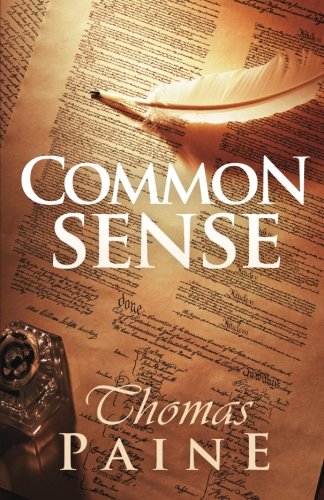The Monarchy Paradox
There is something exceedingly ridiculous in the composition of monarchy; it first excludes a man from the means of information, yet empowers him to act in cases where the highest judgment is required. The state of a king shuts him from the world, yet the business of a king requires him to know it thoroughly; wherefore the different parts, by unnaturally opposing and destroying each other, prove the whole character to be absurd and useless.
Notes:
The King must be cut off and distanced from the governed, the very thing he is supposed to be most knowledgeable about.
Folksonomies: politics monarchy
Taxonomies:
/law, govt and politics/politics (0.479970)
/law, govt and politics/government (0.437096)
/law, govt and politics (0.259682)
Keywords:
Monarchy Paradox (0.943211 (negative:-0.479879)), highest judgment (0.807981 (negative:-0.265838)), different parts (0.737311 (neutral:0.000000)), king (0.568334 (negative:-0.393014)), thing (0.439930 (neutral:0.000000)), composition (0.422111 (negative:-0.503264)), means (0.417948 (neutral:0.000000)), man (0.398932 (neutral:0.000000)), information (0.398431 (neutral:0.000000)), state (0.398309 (negative:-0.306149)), cases (0.397630 (negative:-0.265838)), world (0.397494 (negative:-0.306149)), business (0.397087 (neutral:0.000000))
Concepts:
Republic (0.907923): dbpedia | freebase | opencyc
Monarchy (0.841550): dbpedia | freebase | opencyc
English-language films (0.833289): dbpedia
Democracy (0.783590): dbpedia | freebase | opencyc





